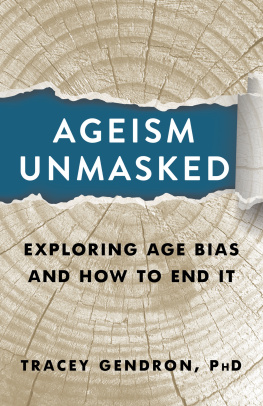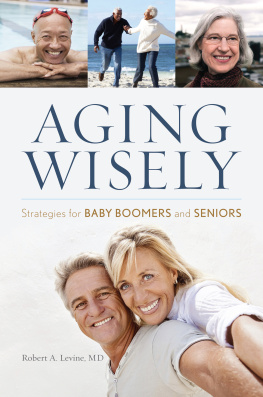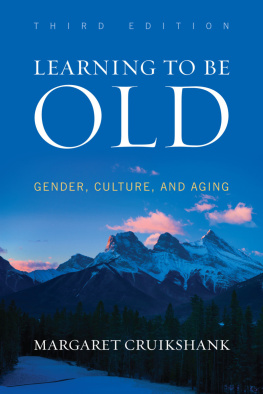First published 1997 by Garland Publishing, Inc.
This edition first published in 2021 by Routledge
605 Third Avenue, New York, NY 10017
and by Routledge
2 Park Square, Milton Park, Abingdon, Oxon OX14 4RN
Routledge is an imprint of the Taylor &Francis Group, an informa business
Copyright 1997 Lester B. Brown, Steven G. Sarosy, Terry Clark Cook, and J. Gerramy Quarto
All rights reserved. No part of this book may be reprinted or reproduced or utilised in any form or by any electronic, mechanical, or other means, now known or hereafter invented, including photocopying and recording, or in any information storage or retrieval system, without permission in writing from the publishers.
Notice:
Product or corporate names may be trademarks or registered trademarks, and are used only for identification and explanation without intent to infringe.
Disclaimer
The publisher has made every effort to trace copyright holders and welcomes correspondence from those they have been unable to contact.
Library of Congress Cataloging-in-Publication Data
Gay men and aging / Lester B. Brown... [et al.].
p. cm. (Garland studies on the elderly in America)
Includes bibliographical references and index.
ISBN 0-8153-2866-4 (alk. paper)
1. Aged gay menUnited StatesPsychology. 2. Aged gay
menUnited StatesSocial conditions. I. Brown, Lester B.
II. Series.
HQ76.2.U5G385 1997
307.7662'0846dc21 97-13967
ISBN 13: 978-1-03-216554-7 (hbk)
ISBN 13: 978-1-03-216701-5 (pbk)
ISBN 13: 978-1-00-324935-1 (ebk)
Foreword
There is an old Yiddish tale. A traveler arrives at a village and finds a fellow waiting patiently at the towns edge. The traveler asks, Why do you wait here all day? The villager replies, I am in the employ of my village. I wait here so that I may be the first to spot the Messiah when he arrives and announce him to my village.
Tell me, the traveler asks, How much are you paid for your patient waiting?
Two kopeks a month, is the reply.
Startled, the traveler exclaims, Is that all? Why do you agree to such poorly paid work?
With ancient wisdom, the villager replies, The pay may be poor. But the work is steady.
Like the patient villager, those who study older gay people may have few rewards, but steady work. For there will always be older people and there will always be the need to study them. The situation of our elders is a reflection of what is best and worst about our global village. Describing the experiences and wisdom of elders and announcing this knowledge to others will always be a worthwhile task for the insights it brings to self-knowledge. After all, growing older is a minority group experience to which we all aspire!
There is much to consider in the careful and detailed research of Brown, Sarosy, Quarto, and Cook. The older gay men whom they studied grapple daily with the full-range of life tasks--the challenges of remaining intellectually active and involved with others; responding with dignity to physical change and diminished health; securing ones finances into old age; maintaining ones equilibrium in the face of the death of loved ones; cultivating and maintaining social support; pursuing satisfying avenues for ones sexuality; relating to family members and co-workers and negotiating the murky waters of decisions to reveal or conceal ones identity; surviving in the face of devastating societal stereotyping and stigmatization; defending oneself in the face of discrimination; and enhancing ones long-term partner relationships.
This welcome book deals forthrightly with an unplanned challenger: AIDS. The authors were wise to query their respondents about the impact of this devastating pandemic on their lives. The reader may be heartened by the commitment made by older gay men to aid those debilitated by the disease. The model of care giving created by these pioneers may serve as a more general prescription for the social supports needed by most in late life. There is concern as well. How will these men cope with the stress of care giving without also losing their health and their joy in living?







